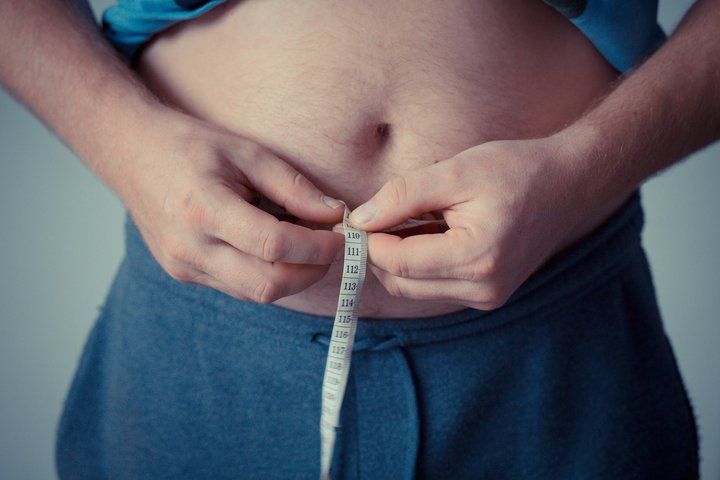
If you’re considering IVF, you’ll notice that many clinics have BMI limits in place. But why is this so important if you’re having fertility treatment?
BMI & fertility in women
If your BMI is up to 35 you can have IVF and fertility treatment – but we’ll advise you about the risk of it affecting your pregnancy chances. Women with a high BMI:
- Have lower success rates from IVF
- Don’t respond as well to the fertility medications used in fertility treatment
- May have reduced egg quality
- Are at a higher risk of pregnancy complications
If your BMI is too low, this can also affect your fertility as it can disrupt your menstrual and ovulation cycle and affect the hormone levels needed for successful conception.
The optimum BMI for your health and that of your fertility is within the normal level of 18.5 to 25. You can calculate your BMI here.
BMI & fertility in men
Weight matters for men too. If you’re significantly overweight with a high BMI, your sperm may be negatively affected because of hormonal imbalances.
Studies have shown that obesity can affect sperm motility - how well sperm moves - with a higher risk of sperm DNA damage. A high BMI can also affect sperm count.
Weight loss for IVF: Our support
Reducing or raising your BMI in advance of IVF can help to improve your chance of success and reduce your risk of complications from treatment and pregnancy.
We’ll review your BMI, diet, health and lifestyle as part of our initial investigations, which involve a ‘whole body’ approach – not just fertility tests.
If you need help to optimise your BMI, our fertility nutritionist is available for private consultations, to provide one-on-one practical advice that’s tailored for you.
Start IVF today
We don’t have a waiting list for IVF. Self-refer online or call our Patient Advisors to get started on 0161 300 2737.
Last updated: 14th February 2019








